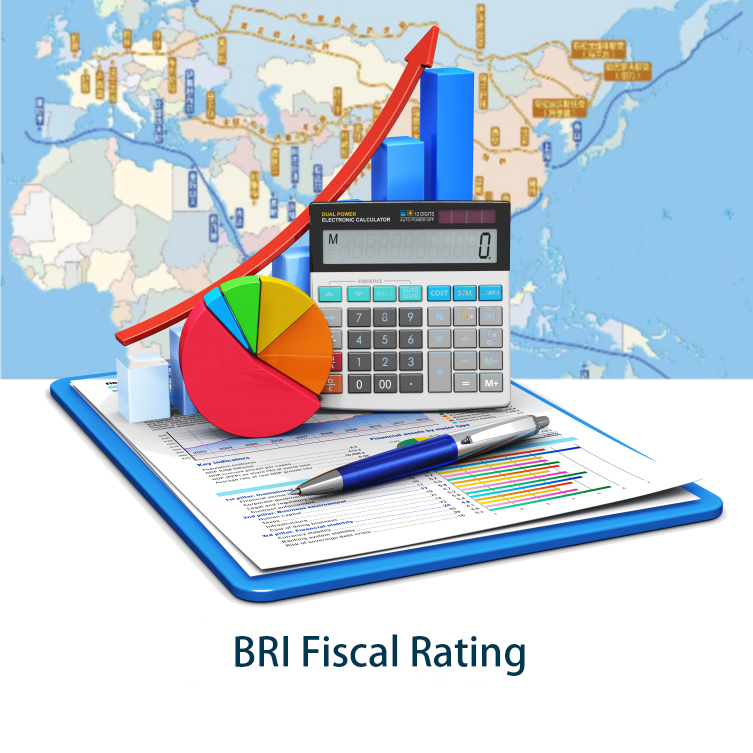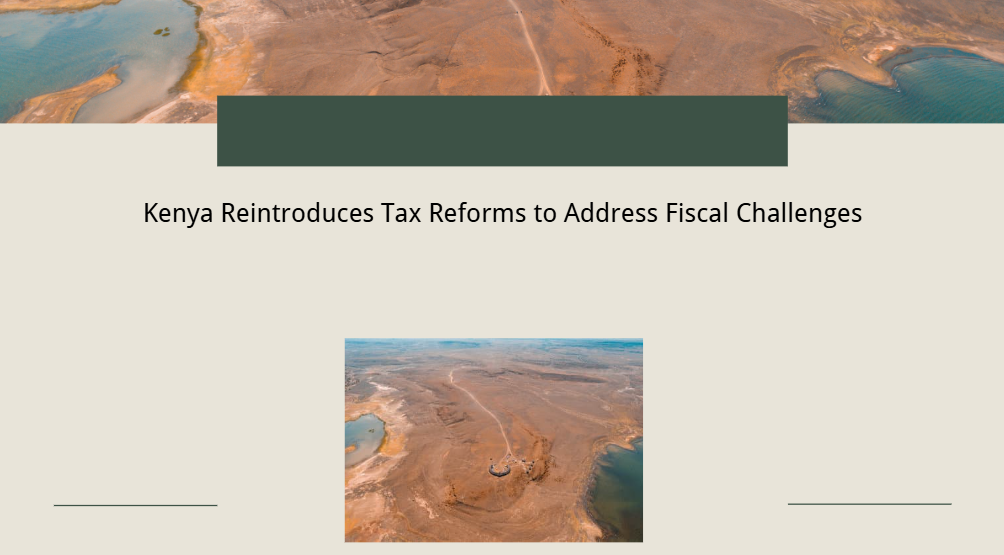Sri Lanka's Tax Reform: Addressing Fiscal Challenges and Tax Efficiency
Sri Lanka's new government plans to lower personal income taxes and remove value-added tax (VAT) on certain food and educational goods while ensuring that revenue targets under the International Monetary Fund (IMF) program remain unaffected. However, the IMF is likely to require alternative taxes to make up for any losses caused by these tax cuts.
The reform to reduce VAT faces challenges. Under the current system, where VAT is not separately billed, businesses often absorb the benefits of VAT reductions without passing on the savings to consumers. In this context, VAT cuts may not directly benefit consumers.
Reducing Income Tax: A Powerful Move for Economic Growth
Reducing income tax is considered a key measure for promoting capital accumulation and economic growth. Historical experience suggests that high income tax rates often restrict capital flow, whereas reducing taxes and expanding VAT can lead to greater fiscal stability.
While IMF-driven increases in income taxes might boost short-term revenue, they may also introduce uncertainties that could affect long-term investment decisions by businesses. In Sri Lanka, especially for middle-class families, tax hikes may significantly impact their lives, particularly those burdened with private school fees and housing loans.
VAT Reform: A More Sustainable Option?
VAT is considered a more favorable tax system than income tax because it is based on consumption rather than income. This system allows for the collection of revenue while providing individuals with more freedom in their spending. However, Sri Lanka's current VAT system has issues, as the tax is not separately itemized, and businesses often pocket VAT cuts without passing them on to consumers. For VAT reform to be effective, it is crucial to ensure tax transparency, where the tax amount is clearly displayed on invoices.
The IMF's Influence and Sri Lanka's Tax Future
The IMF's tax recommendations typically emphasize income and wealth taxes, but these measures may not be suitable for Sri Lanka’s economic context. In contrast, the experiences of countries like Japan suggest that appropriate tax adjustments can achieve fiscal stability without stifling economic growth, avoiding excessive taxation.






















































First, please LoginComment After ~